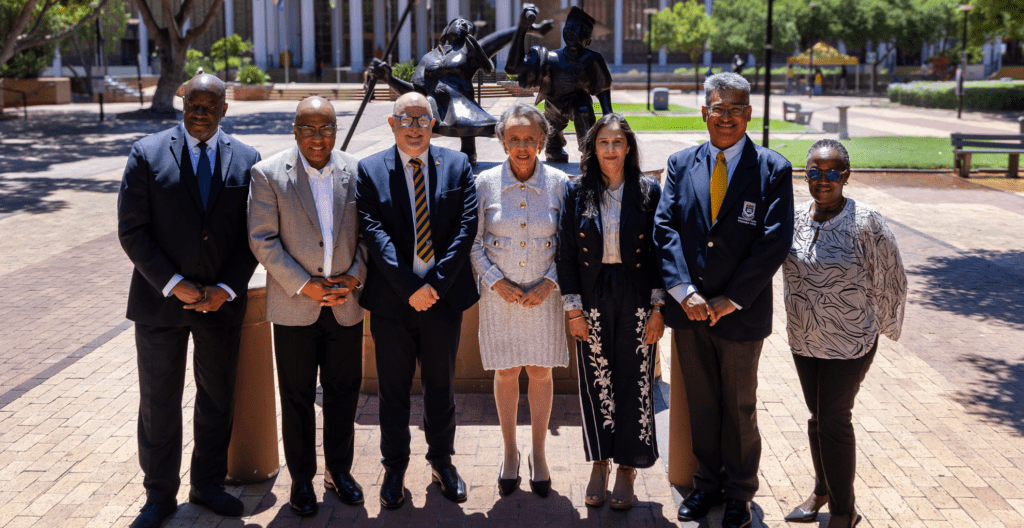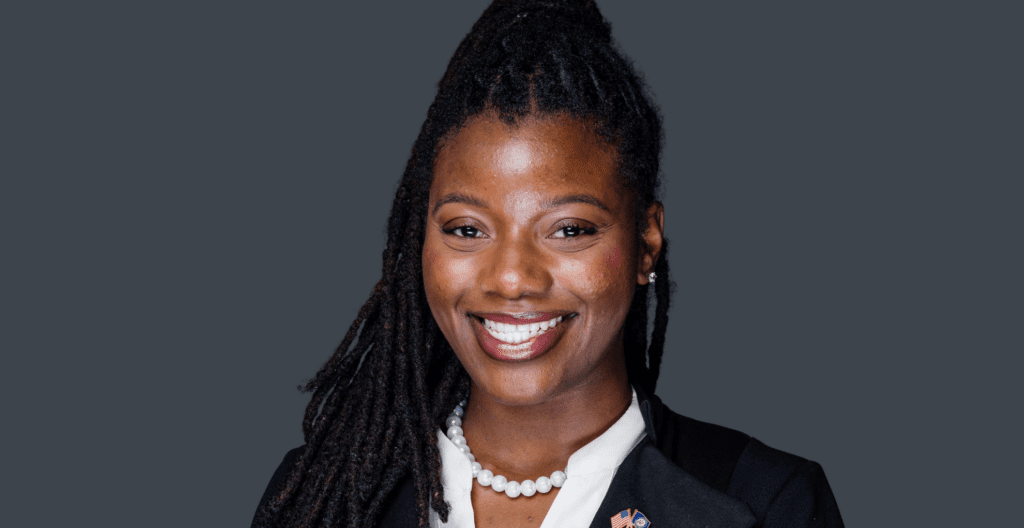Black women are being awarded Master’s degrees at a significantly higher proportion than Black men at historically Black colleges and universities (HBCUs), a 1990-2015 National Center for Educational Statistics (NCES) shows.
In the 2015 academic year, the most recent data available, 3,869 master’s degrees were awarded to Black women compared to 1,545 Master’s awarded to Black Men, a ratio of approximately 5 to 2.
In the same academic year, 141,358 Black women were enrolled at HBCUs compared to 86,905 Black males, a ratio over 2 to 1.
Black women also earn doctorates at a higher proportion at HBCUs. In 2015, women were awarded 1,084 such degrees whereas Black men earned were awarded 492. A ratio very close to 2 to 1.
Paris Dennard, Senior Director of Strategic Communications, at the Thurgood Marshall College Fund proposed this is partly a reflection of the higher proportion of women enrolled at 4-year institutions nationwide.
“I’m not certain of factors that contribute to why the disparity of enrollment exists, but I think looking at enrollment is a good place to start,” Dennard wrote in an email to the AFRO.
Kenneth K. Wong, Walter and Leonore Annenberg Professor for Education Policy and Director, Urban Education Policy Program at Brown University, provided three possible explanations for the disparity. Firstly, there are more opportunities outside of college for Black men and men in general when it comes to careers that do not require post-graduate or even post-high school degrees, the professor said. These careers include apprenticed and journeyman trades like construction and the military, both of which skew male.
A second explanation that may be promoting women’s enrollment as opposed to depressing men’s enrollment is the types of work that require master’s degrees.
“Because I run a master’s program of education policy at Brown, when I look at the statistics it’s closely aligned with what I’m seeing in our program,” Wong said. “That is, when you look at programs that are related to children or family services, in general, it’s more likely that you’ll have a higher representation of female students at the Master’s level.”
However, something may be happening, or not happening before enrollment, while students are still in high school.
Dr. Brian K. Bridges, Vice President, Research and Member Engagement at United Negro College Fund, described a growing disparity over generations.
“African-American females started surpassing African-American males in the late 1980s, in enrollment and achievement, and that gap only has grown,” Bridges said. “Which is why there have been so many programs designed to assist African-American males to enroll in college and succeed. This was the impetus behind President Obama’s My Brother’s Keeper Initiative and other initiatives like the Coalition of Black Male Achievement.”
Wong explained how one task, securing financial aid, could be very different experiences between genders.
“It is a complicated set of social interactions when it comes to making sure that you complete all the financial aid applications,” said Wong. “Social networking, that is are you sharing, are you getting information from your peers, from your cohort or preceding peers, that you get to know, build a relationship and they’ll remind you and tell you need to make sure you get your parents information and get all your stuff in on time. It could be that when it comes to those kinds of processes, Black female students are more on task than the average Black male student.”
Smith said there were a broader array of forces at work on Black men enrolling in college.
“I wouldn’t say it’s about loans, but it’s about a complex myriad of extenuating social circumstances, economic, social, socio-economic, psychological as well, that have contributed to the dearth of African-American males enrolling in college and completing their degrees,” Smith said.
Source: AFRO



